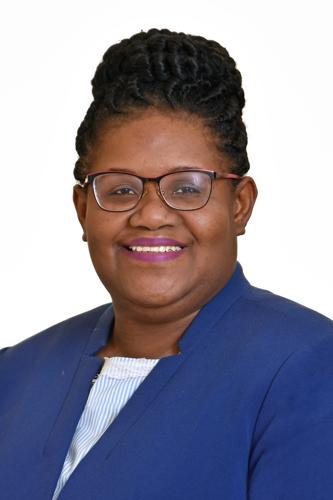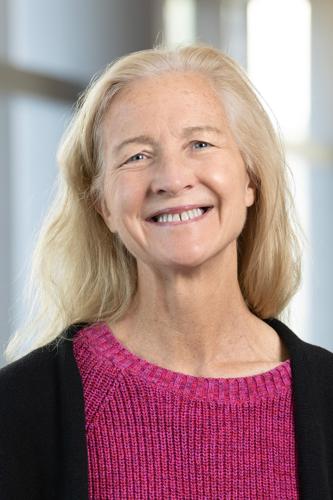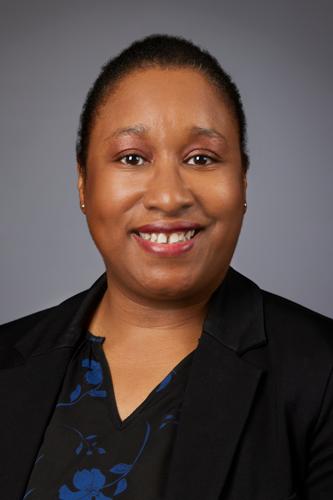The Center for the Urban Child and Healthy Family catalyzes BMC's vision of rewriting healthcare and ensuring all children and families thrive by creating change at practice, system, and policy levels; actively promoting health equity; and eradicating disparities.
As an innovation hub within the Department of Pediatrics, the Center’s mission is to incubate, implement, evaluate, and support practice transformations by partnering with clinicians, families, communities, and other child- and family-serving sectors.
Our History and Impact
BMC Pediatrics has launched some of the world's most important and widely disseminated care innovations, including Reach Out and Read, Medical-Legal Partnership, Healthy Steps, StreetCred, and the Health by Wealth Collective.
In 2016, we launched the Center for the Urban Child and Healthy Family to revolutionize the model of care for pediatric patients and their families, standing at the epicenter of clinical care, innovation, research, and the community.
6,500+ Reach Out and Read Programs Founded
Established nationwide, these programs empower families to read together, which supports early learning, healthy brain development, and strong family bonds.
450+ Institutions with Medical-Legal Partnerships
These collaborations bring lawyers into healthcare settings to resolve health-harming legal issues and strengthen community well-being.
35 Health by Wealth Members in 11 States
Health by Wealth improves health and well-being in disadvantaged communities, reducing inequality through strategic, community-based programs.
Innovation in Action Today
Every day, our pediatric programs put innovation into practice, designing new models of care that meet families where they are and address the full spectrum of health, social, and economic needs.
Our Leadership
Leadership
Executive Committee

Barbara Amedoadzi
Senior Research Project Manager
Barbara holds a Bachelor’s degree in Social Work from Florida Atlantic University and a Master’s Degree in International Relations from Northeastern University. Barbara worked in Child Protection for seven years prior to joining BMC in 2020. Her passion lies in helping families rise above their financial challenges for the overall wellness of their children and to break free from generational poverty.
Shari Krauss, MA, MPH
Richard Sheward, MPP
Michelle Stransky, PhD
Gina Giarusso, MS, RN
Ezra Chapola, MS
Noelia Lugo, BS
Michelle Saboliauskas
Partner With Us
The center is guided by the framework that mental health is inseparable from physical health and they are integral to one another (M=P), that economic mobility is the foundation of long-lasting health, that and new models of addressing health-related social needs are needed to foster long-term stability. We are looking for partners on key core functions:
- Practice transformation and whole family wellness: We support population health approaches to developmental, behavioral health, and social determinants to create new team-based models of care.
- Clinical innovation pathway infrastructure: With support from the Carter Innovation fund, the center will be launching an innovation incubator in the spring of 2026 that learns from tech models of entrepreneurship development and support.
- Impact evaluation and learning: We are working to develop an evaluation checklist and standardized models of evaluation so that our innovative partners can learn from each other.
- Community partnership and family co-design: We are developing a patient advisory council and collaborating with the tech sector to integrate patient insights into new models of care.
- Sustainable intrapreneurship and revenue diversification: We are creating business plans to move promising innovations into operational budgets and to establish training and technical assistance hubs for broader dissemination.
To learn more about partnership opportunities, contact the Center for Urban Child and Healthy Family Executive Director Megan Sandel at megan.sandel@bmc.org.
Support Our Work
We greatly appreciate your support. To designate your donation to the Center for the Urban Child and Healthy Family:
- Under “Designation,” choose “Other.”
- Click “Add comment.”
- Type in “Center for the Urban Child and Healthy Family.”




